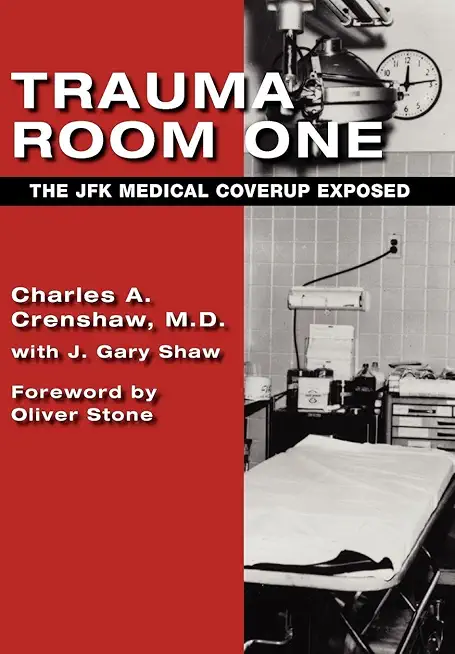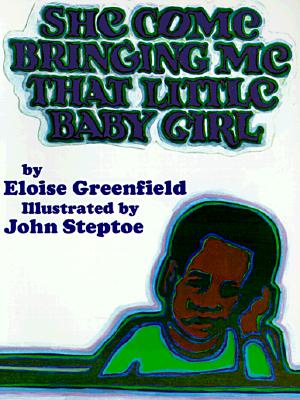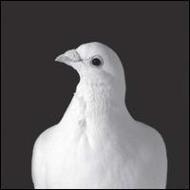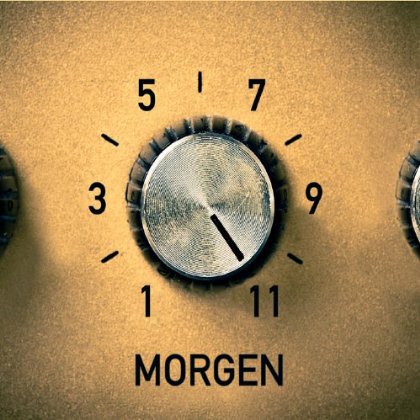
description
ent John F. Kennedy at Parkland Hospital in November of 1963 agreed-either out of respect or fear-not to publish what they had seen, heard, and felt. Then in 1990, one of the Dallas surgeons who worked on JFK in Trauma Room One, Dr. Charles Crenshaw, decided after much deliberation that the American people ought to know the truth. "The wounds to Kennedy's head and throat that I examined were caused by bullets that struck him from the front, not the back, as the public has been led to believe," says Crenshaw. When the first edition of this book was published in 1992, under the title JFK: Conspiracy of Silence, Crenshaw revealed what he never had to opportunity to tell the Warren Commission. In the aftermath, the Journal of the American Medical Association (JAMA) called Crenshaw's book "a fabrication." But JAMA's claim did not hold up in court and Crenshaw subsequently prevailed in a defamation suit against JAMA. In the process, a number of new medical disclosures and discoveries have emerged on the startling medical cover-up of the JFK assassination. CHARLES A. CRENSHAW, M.D. (1933-2001), a Texas native, was Chairman Emeritus of the Department of Surgery and a member of the Board of Directors of the Tarrant County Hospital District in Fort Worth. He received his BS from Southern Methodist University and his MS from East Texas State University. He worked on his Ph.D. at Baylor University Graduate Research Institute in 1957 and, in 1960, he earned his M.D. from the University of Texas Southwestern Medical School in Dallas. He interned at Veteran's Administration Hospital and completed his residency at Dallas's Parkland Memorial Hospital, where he worked for five years. He taught at many institutions, including the UT Southwestern Medical School. He was honored with inclusions in numerous medical and professional societies and was published extensively.
member goods
No member items were found under this heading.
Return Policy
All sales are final
Shipping
No special shipping considerations available.
Shipping fees determined at checkout.







